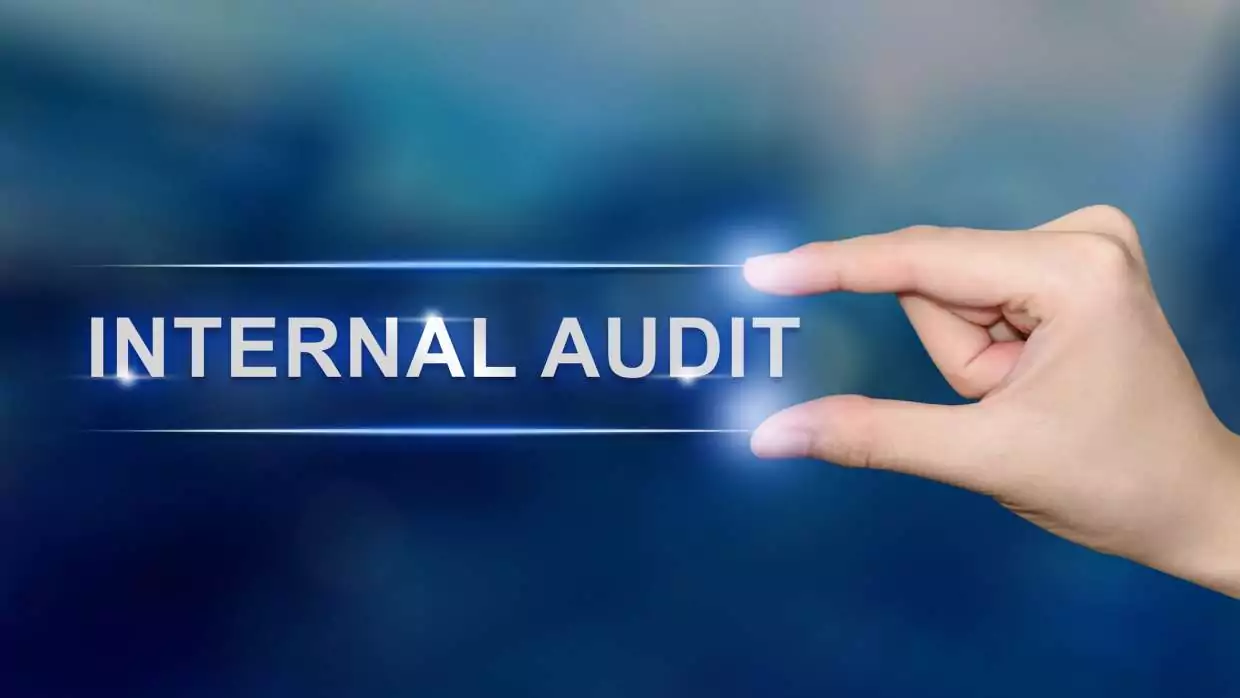OVERVIEW
The ISO 9001 and ISO 19011 Lead Auditor Training Course equips participants with the critical knowledge and skills to lead and conduct quality management system (QMS) audits based on ISO 9001:2015 and audit management system audits based on ISO 19011:2018. This intensive five-day course covers essential audit principles, methodologies, techniques, and best practices. Participants will gain the competence to efficiently plan, execute, report, and follow up on audits. Key features include:
KEY FEATURES:
- Five-day interactive workshop totaling 40 hours
- Comprehensive coverage of ISO 9001 & 19011 standards.
- Expert instructors providing real-world insights.
- Interactive learning through hands-on activities.
- Practical case studies for applied understanding.
- Continuous feedback for skill refinement.
LEARNING OUTCOMES
The learning outcomes of the ISO 9001 and ISO 19011 Lead Auditor Training Course are crucial for the effectiveness and success of auditors. By mastering the intricacies of ISO 9001 and ISO 19011 standards, auditors can conduct thorough audits, ensuring compliance and promoting continuous improvement within organizations. Proficiency in audit principles and techniques empowers auditors to plan, execute, and report audits with accuracy and professionalism, enhancing organizational performance and customer satisfaction. Improved communication and interpersonal skills facilitate effective stakeholder interactions, fostering collaboration and trust throughout the audit process. Moreover, the adoption of risk-based audit approaches ensures that audits target areas of highest importance, providing valuable insights and recommendations for organizational growth. Ultimately, these learning outcomes enable auditors to lead audits with confidence, integrity, and expertise, driving excellence in quality management and audit management practices.
- Achieve a thorough understanding of ISO 9001 and ISO 19011 standards, including key clauses, requirements, and audit principles, to effectively interpret and apply these standards during audits.
- Develop expertise in audit methodologies, techniques, and best practices, encompassing audit planning, execution, reporting, and follow-up, ensuring efficient and effective audits.
- Enhance communication, interviewing, and interpersonal skills to facilitate effective interactions with auditees, stakeholders, and audit team members, fostering collaboration and rapport during audits.
- Implement a risk-based approach to audit planning, prioritization, and resource allocation, focusing on areas of highest significance and aligning with organizational objectives.
- Acquire leadership qualities and competencies to lead audit teams, manage audit processes, and drive continuous improvement within organizations, demonstrating professionalism as a lead auditor.
ENTRY REQUIREMENTS
The entry requirements or eligibility criteria for the Lead Auditor Training typically include:
- Basic understanding of quality management principles and ISO 9001:2015 standard.
- Fluent proficiency in English (reading, writing, and speaking) to participate effectively in course activities and assessments.
career and financial Benefits
By gaining expertise in key audit standards and methodologies, participants enhance their marketability and open doors to higher-paying job opportunities. The skills acquired through this course, such as effective audit execution and risk-based planning, lead to improved organizational compliance and efficiency, driving cost savings and financial performance.

